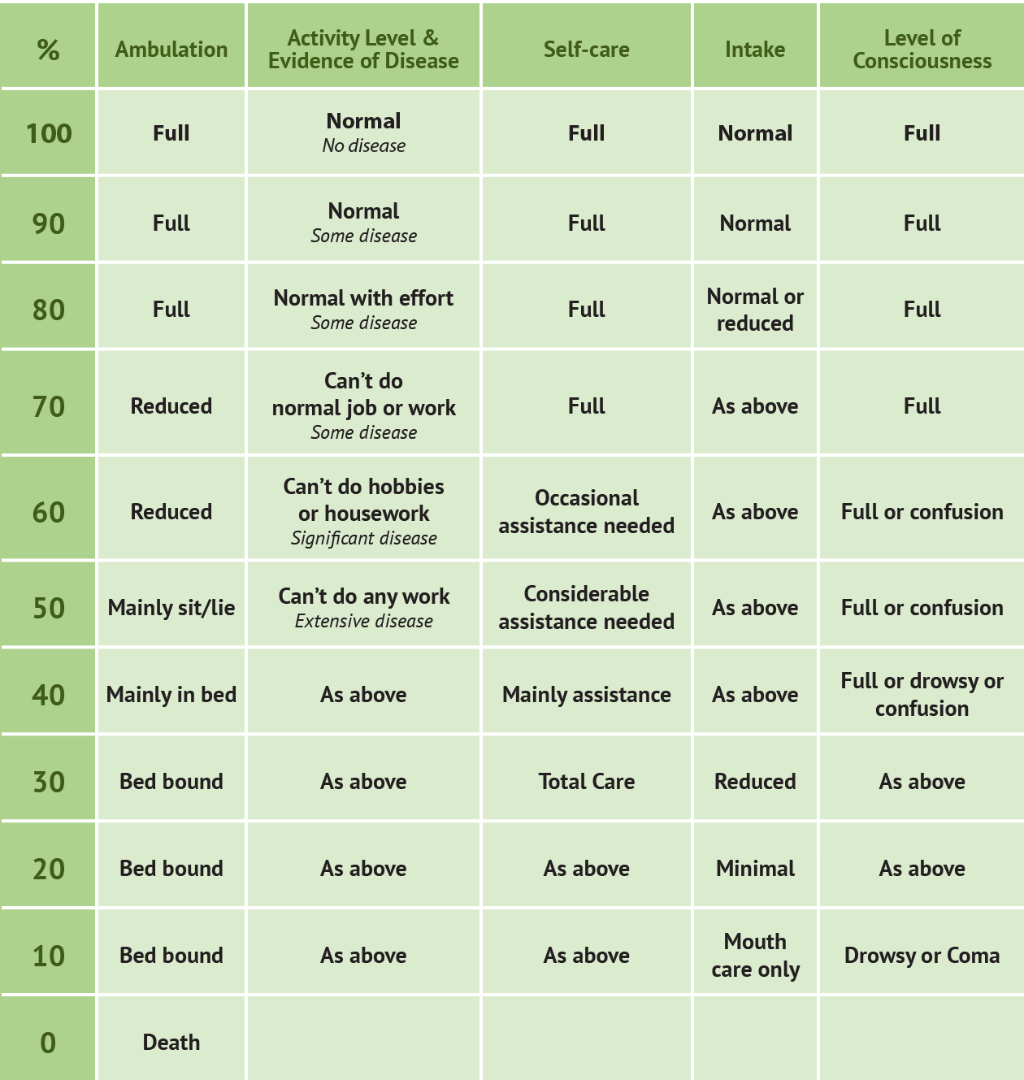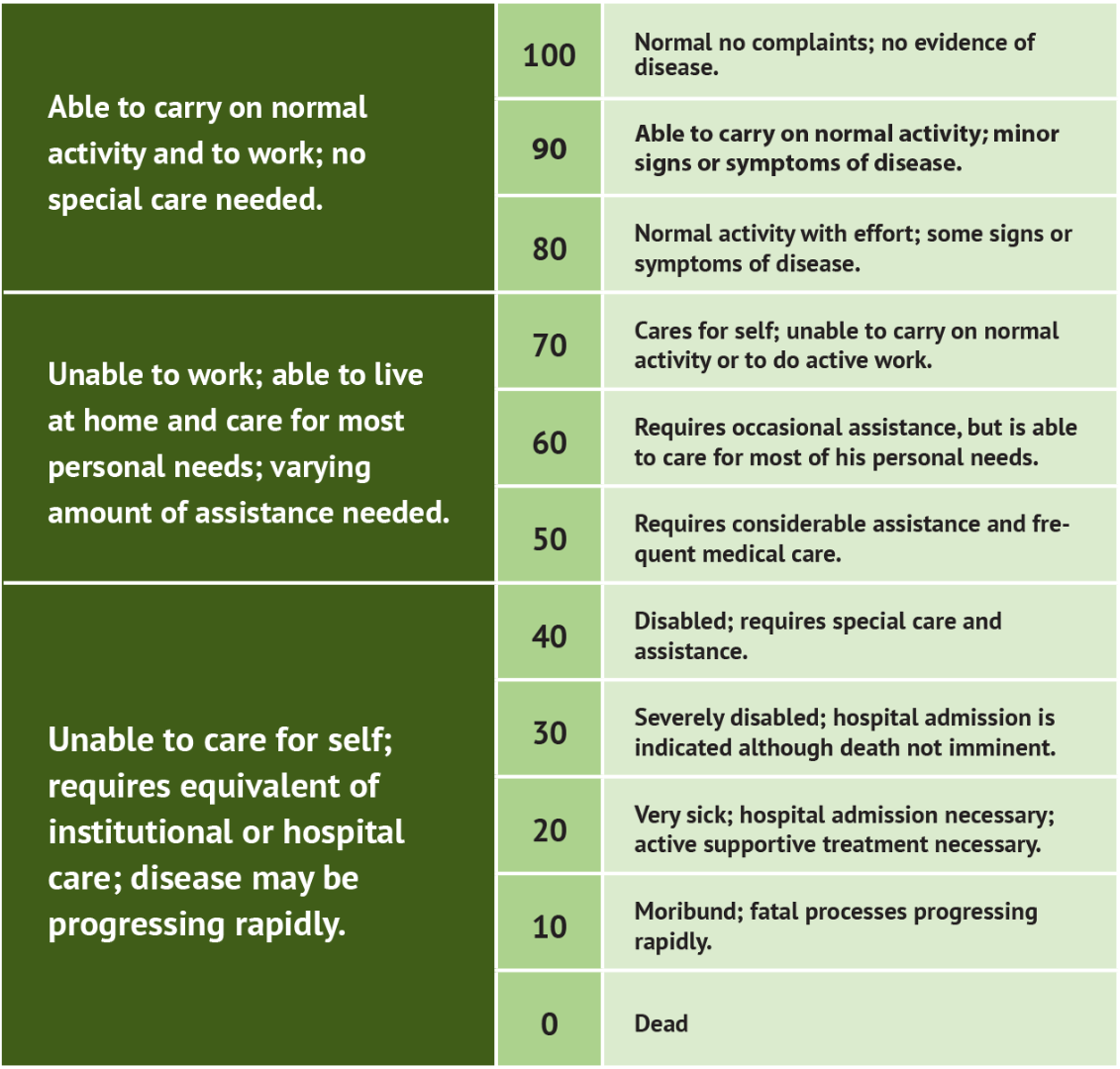Cancer Hospice Eligibility Criteria
According to the American Cancer Society, cancer is the second most common cause of death in the United States, accounting for nearly 1 out of every 5 deaths. There are over 100 different types of cancer, and each is classified by the type of cell initially affected. These cells divide and begin to crowd out normal, healthy cells. Cancer is commonly treated with surgery, chemotherapy, and radiation.
While treatment for cancer is often very successful, there may come a time when treatment is no longer effective or the patient may decide they no longer with to pursue curative treatment. At this point, the focus turns to comfort care and supporting the patient and their family through this transition. Understanding hospice eligibility for cancer patients is crucial during this time to ensure individuals can access specialized support when curative options are no longer beneficial.
Crossroads Hospice & Palliative Care provides expert end-of-life care to ensure patients maintain the highest possible quality of life, surrounded by their family.
How does a cancer patient qualify for hospice?
In general, cancer patients with a life expectancy of six months or less qualify for hospice. See the list below for a more detailed list of criteria for hospice.
Hospice eligibility list for cancer patients.
As there are many different types of cancer, the following hospice cancer criteria are general rules used by physicians in order to determine if hospice is the right choice for a patient.
Clinical hospice cancer criteria may include:
- Metastatic cancer
- Decline in condition in spite of therapy
- Palliative Performance Score or Karnofsky Score of 70% or less
- Electing to forgo further disease directed curative treatment. Palliative radiation or chemotherapy may still be included.
Certain cancer diagnoses are often eligible for hospice without other criteria including small cell lung cancer, pancreatic cancer, and primary CNS malignancy.
The indicators listed do not replace CMS regulations, local coverage determinations, or professional judgement. As the patient’s situation evolves, it is important to regularly look at their options. To schedule a hospice cancer assessment, please contact Crossroads Hospice and Palliative Care.
Palliative Performance Scale (PPS).
The Palliative Performance Scale is used to assess the progressive decline of palliative patients, and is frequently used to determine if a cancer patient is eligible for hospice.

Copyright © 2001 Victoria Hospice Society
Karnofsky performance status scale definitions rating (%) criteria.
The following scale is used to classify patients in regards to their functional impairment as well as understand the effectiveness of certain therapies.

Copyright © Karnofsky DA, Abelmann WH, Craver LF, Burchenal JH. The Use of the Nitrogen Mustards in the Palliative Treatment of Carcinoma – with Particular Reference to Bronchogenic Carcinoma. Cancer. 1948; 1(4):634-56.
Cancer symptom management.
If a cancer patient is eligible for hospice, the Crossroads Hospice & Palliative Care team provides comprehensive symptom management for a wide range of cancer-related issues.
For primary care physicians.
At Crossroads Hospice & Palliative Care, we are your partner in ensuring that your patient receives the support they need. If you have exhausted all available treatments, and your patient meets the hospice cancer criteria, then we are 24 hours a day, 7 days a week to admit your patient. Our symptom management and pain experts work closely with you, the primary care physician, in order to ease the transition into hospice care and avoid unnecessary hospital readmissions.
If your patient is currently pursuing curative treatment or not yet ready for hospice care, the support of palliative care may be appropriate. Our palliative care team is trained to treat side effects from cancer treatments in addition to managing the symptoms of cancer. Our team partners with oncologists and primary care physicians to provide extra support and an extra set of eyes and ears in the patient’s home. Physicians are kept abreast of treatments and any changes in the patient’s condition.
When to call hospice.
When cancer patients and their families shift the focus to comfort care, Crossroads Hospice & Palliative Care is available to provide expert care and whole patient support in the location of the patient’s choice including their home, assisted living facilities, and in-patient units.
It’s important that you start the hospice conversation as early as possible. This affords you the time to explore all available options and to gather what information you may need before a crisis occurs. Crossroads Hospice & Palliative Care can meet with patients and their families at the location of your choice at any time, any hour, and any day.
If you're unsure whether it’s the right time for hospice, take a hospice quiz to assess your situation and determine if hospice services could provide the support and comfort your loved one needs.
If you have questions, or if you believe a patient meets the above hospice cancer criteria, please contact us at 855-327-4677 for a hospice consultation.
Ready to refer a cancer patient?
If you're a healthcare professional ready to refer a cancer patient for hospice care, please submit a patient referral form online. Our dedicated team is here to provide support and guidance throughout the referral process.
